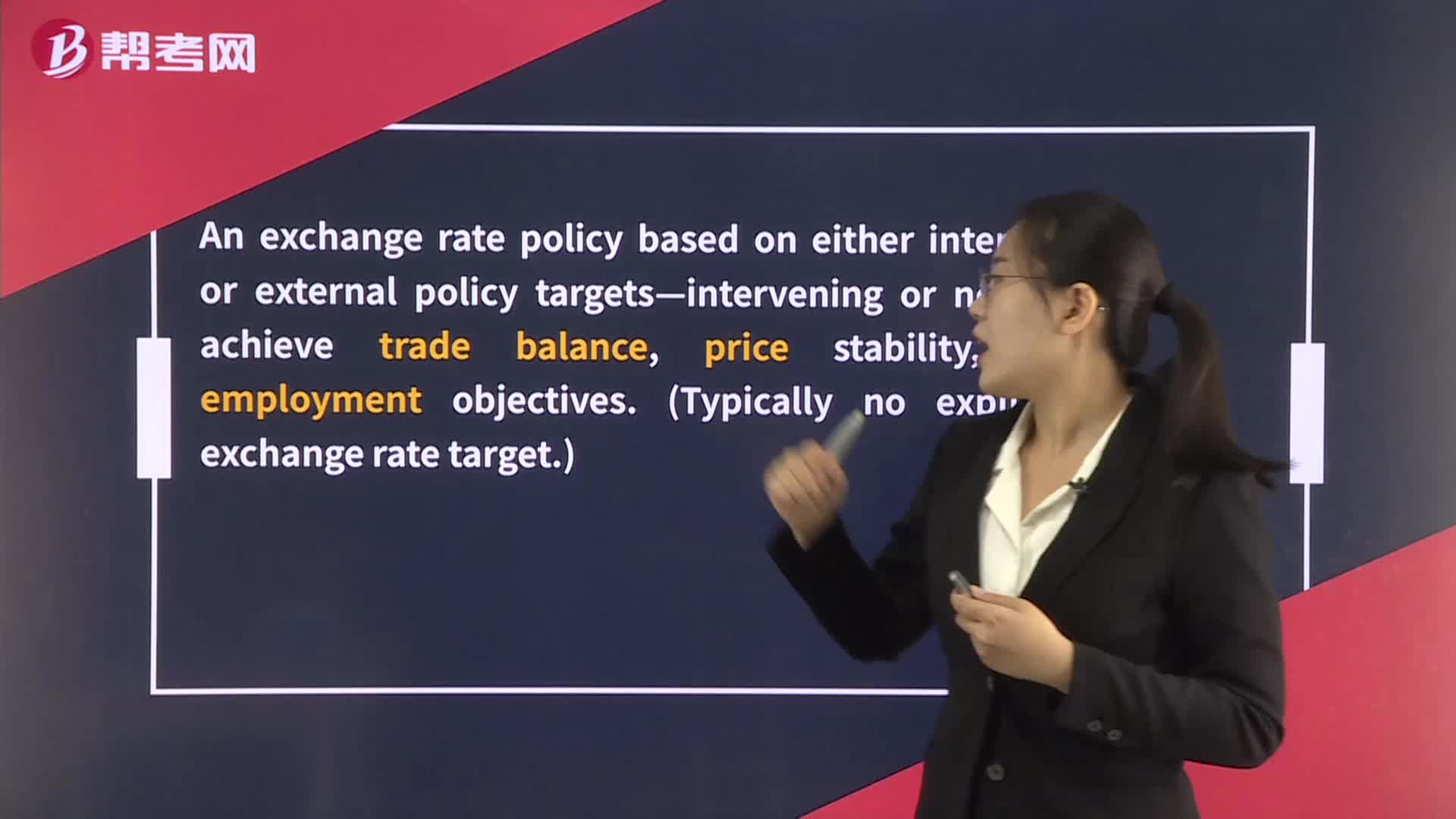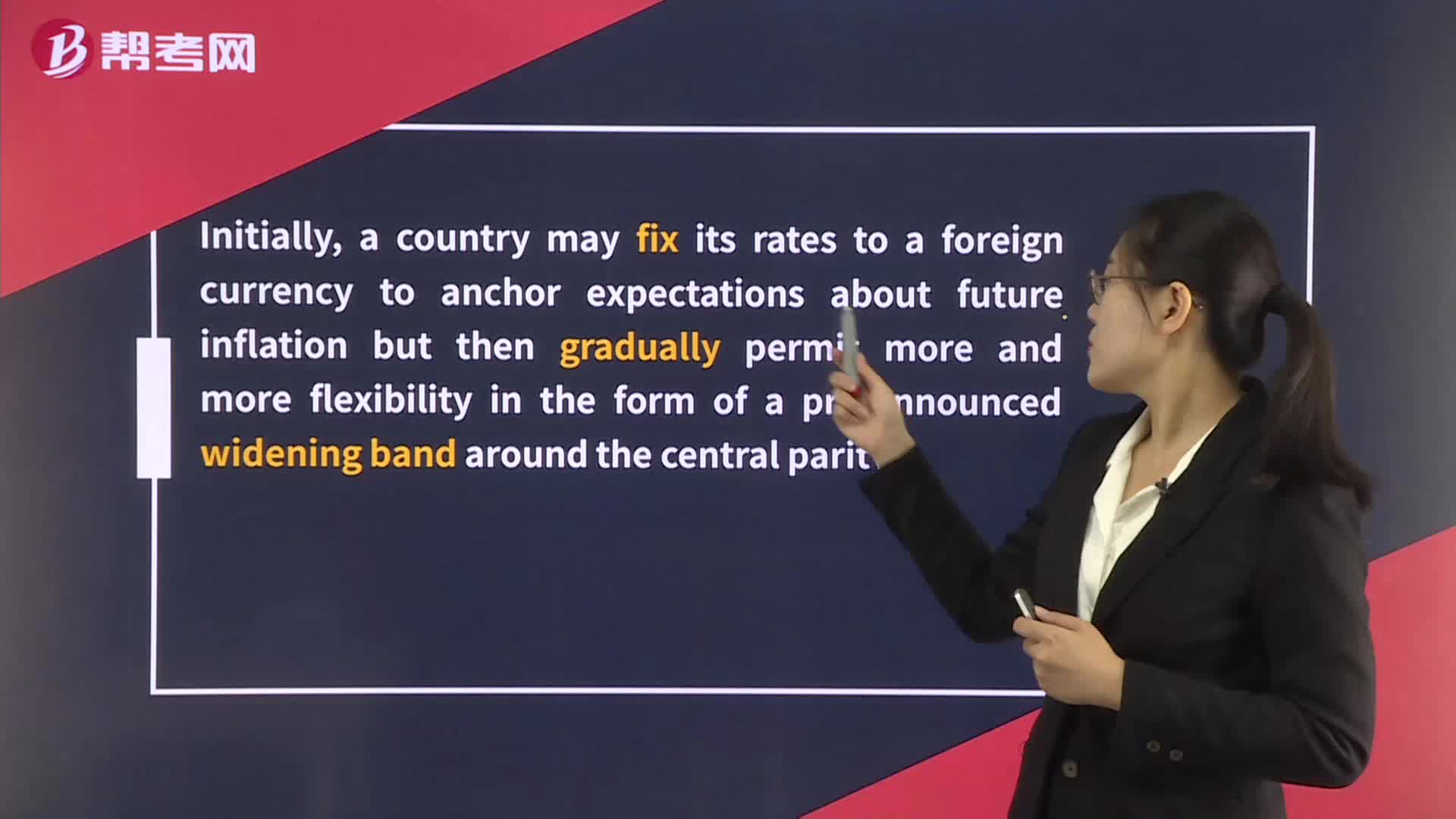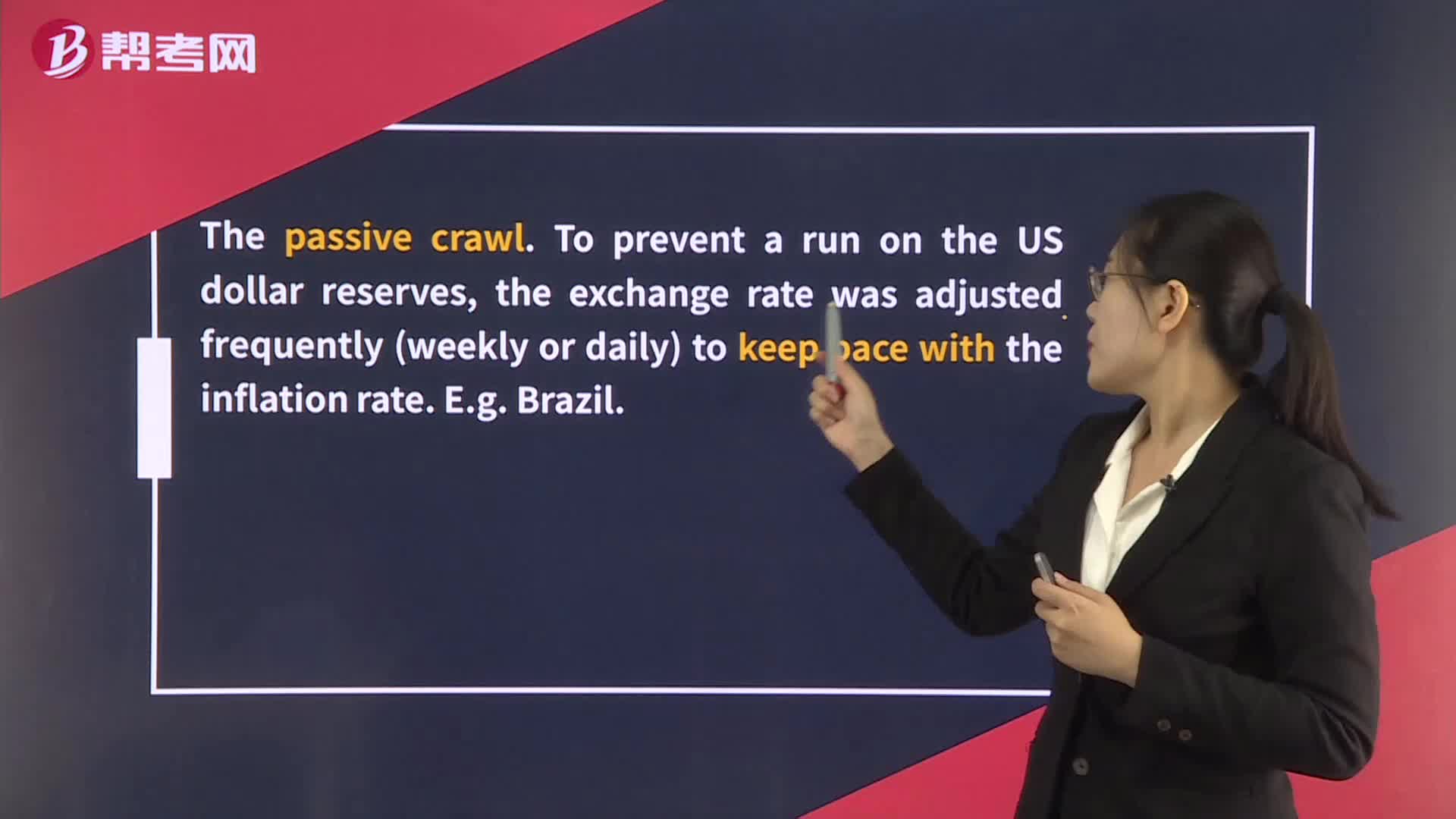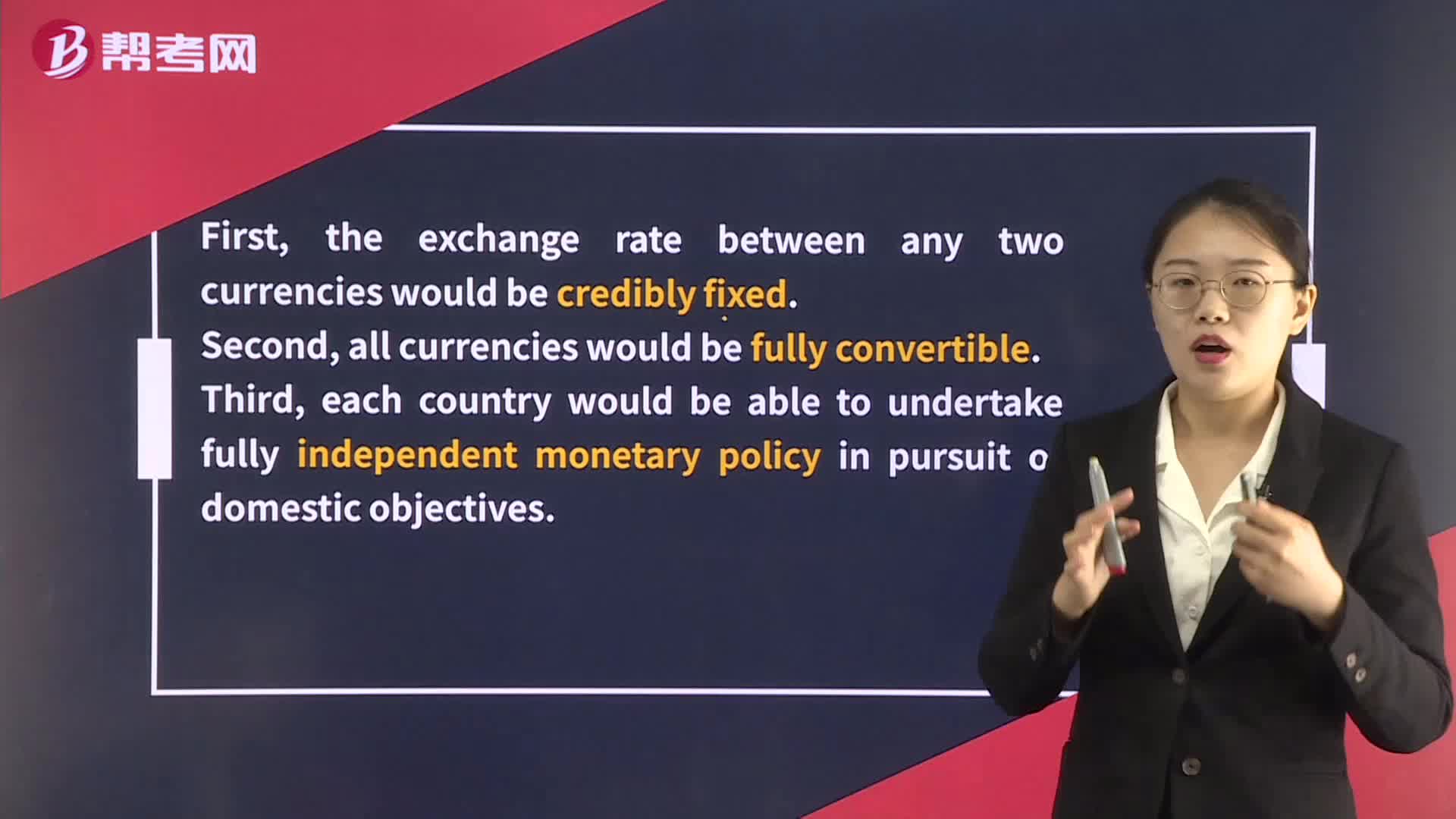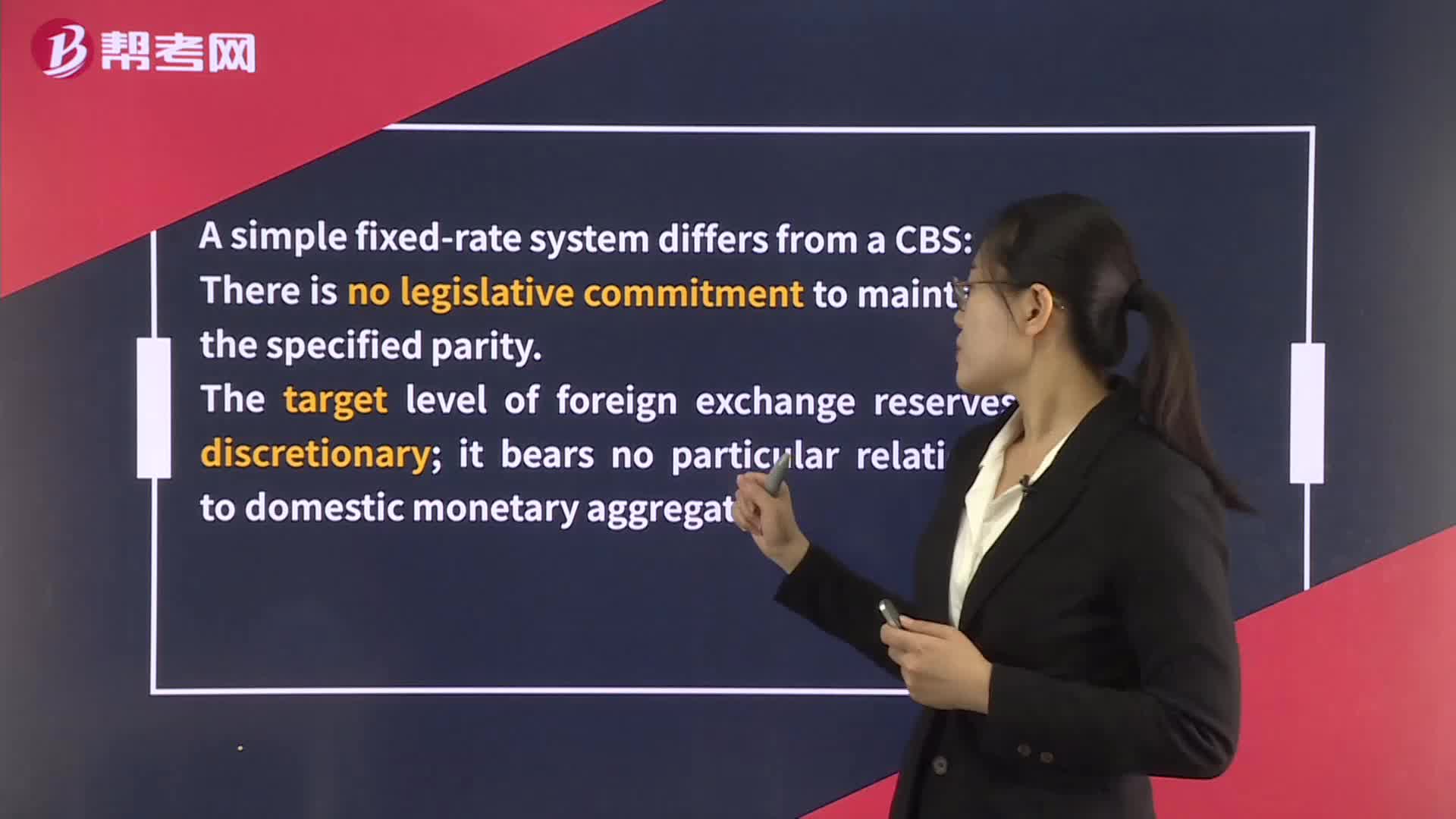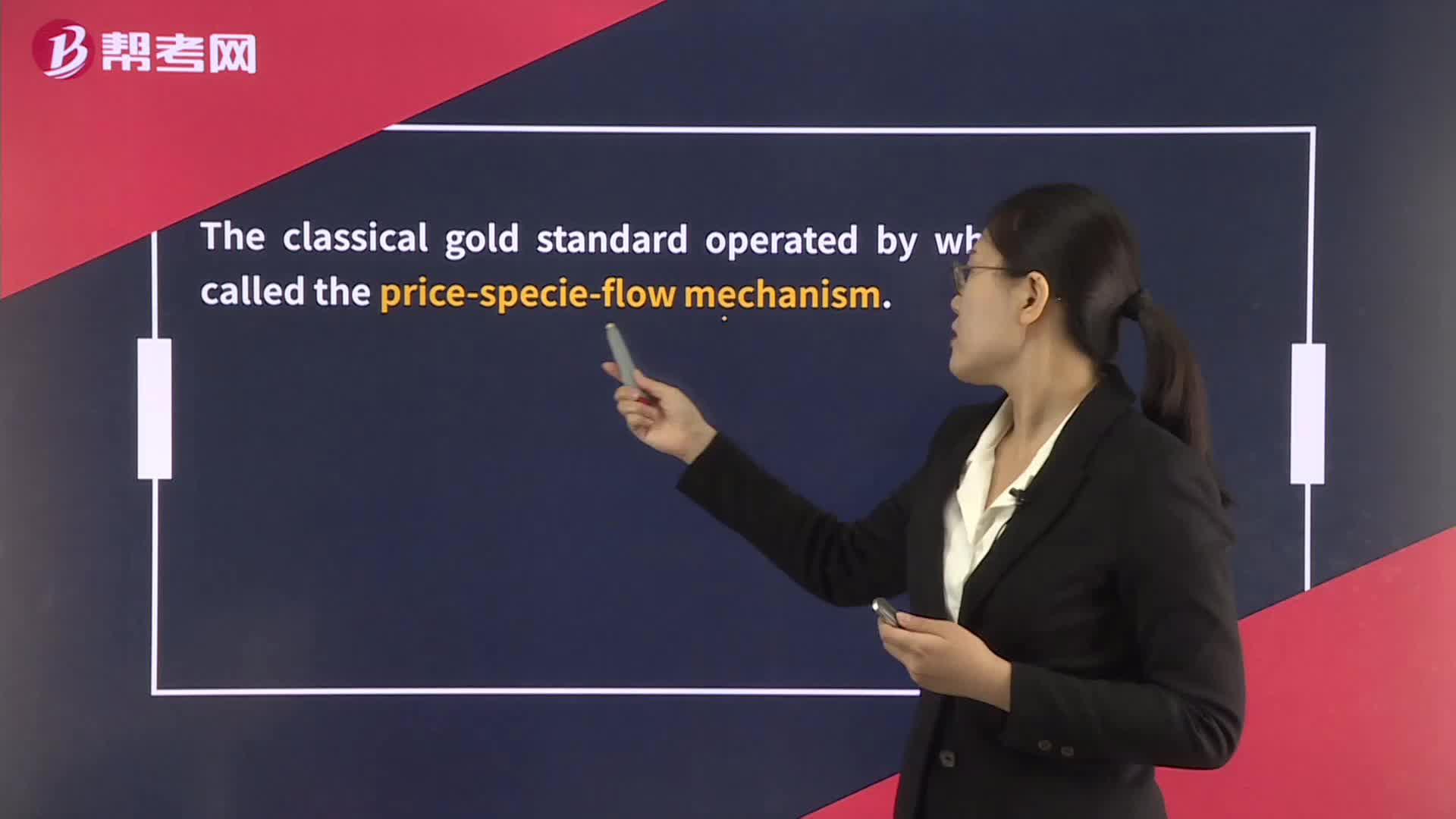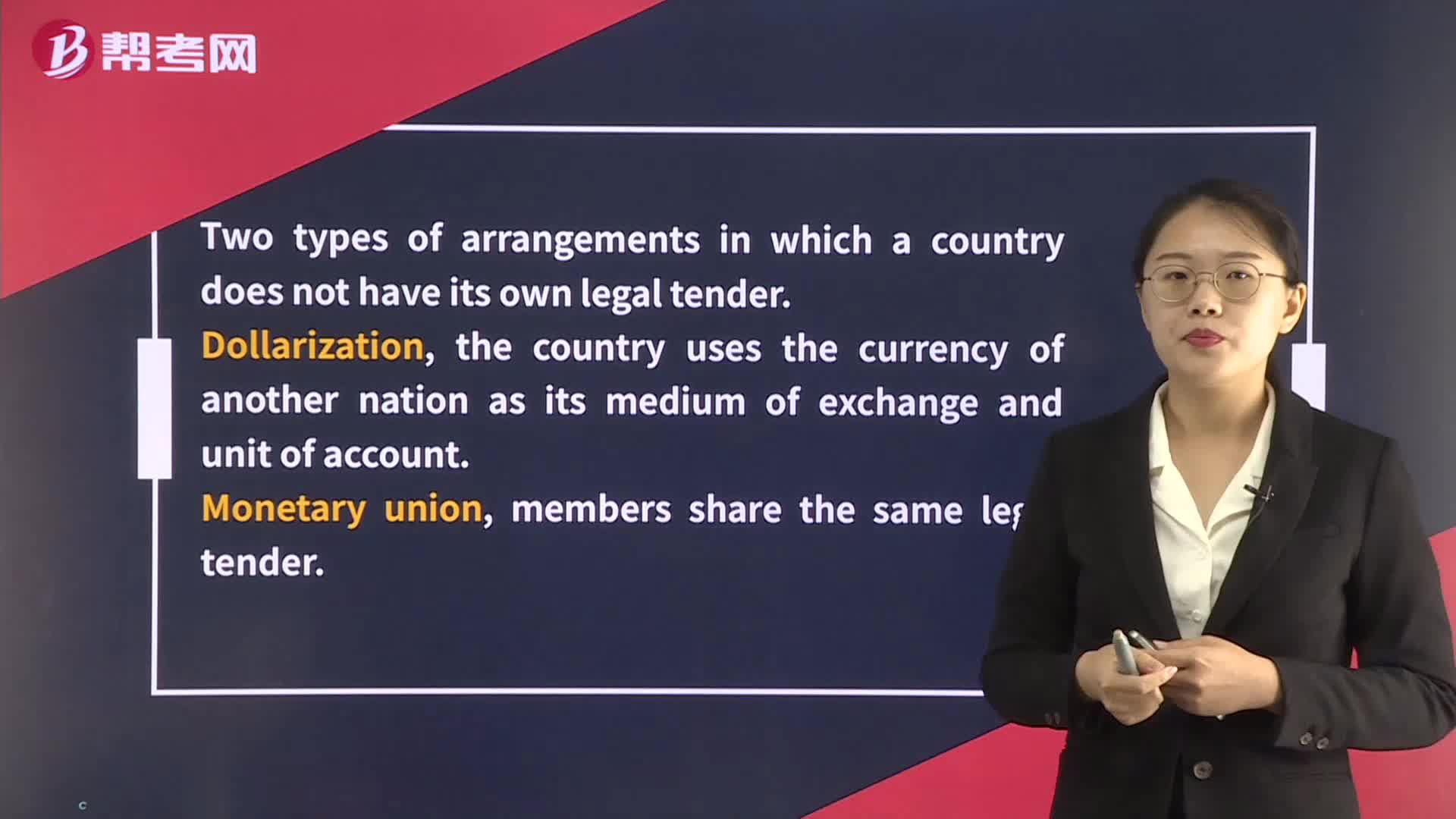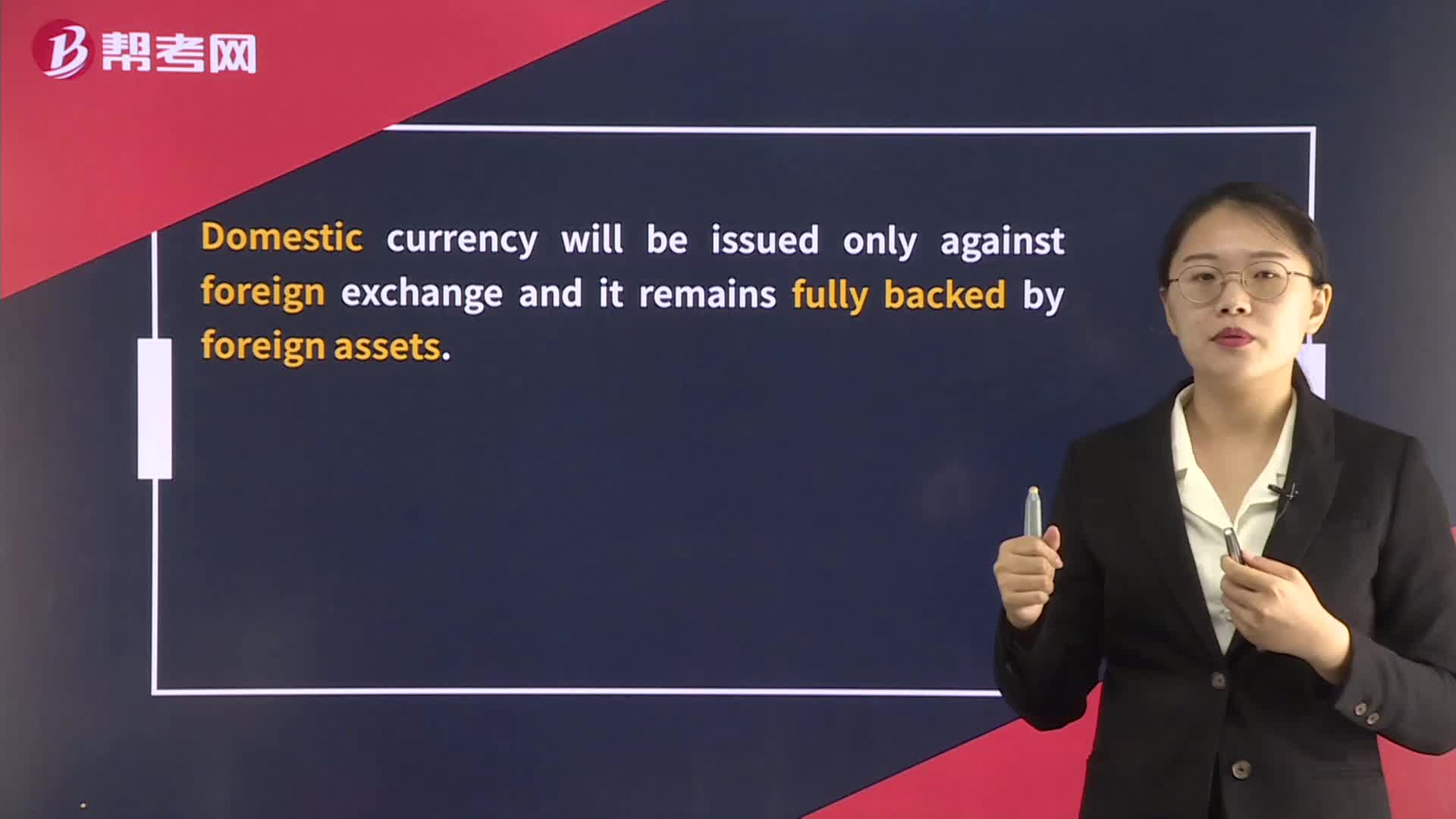Currency Regimes– Managed Float
A managed float is a currency regime where the exchange rate is allowed to fluctuate within a certain range, but the government or central bank intervenes in the foreign exchange market to influence the direction and pace of the exchange rate movements.
In a managed float system, the central bank may buy or sell its own currency in the foreign exchange market to stabilize the exchange rate or to achieve certain policy objectives, such as controlling inflation or promoting exports. The government may also use other policy instruments, such as trade policies or capital controls, to manage the exchange rate.
The managed float system is often used by countries that have a relatively open economy and are exposed to external shocks, such as changes in commodity prices or global financial conditions. It allows the country to benefit from the advantages of a flexible exchange rate, such as the ability to adjust to external imbalances and to promote competitiveness, while also providing some degree of stability and predictability for economic agents.
However, a managed float system may also create uncertainty and volatility if the government's interventions are seen as unpredictable or inconsistent. It may also lead to conflicts with trading partners if they perceive the interventions as unfair or manipulative. Therefore, the success of a managed float system depends on the credibility and transparency of the government's policies and the effectiveness of its communication with the market.
 帮考网校
帮考网校